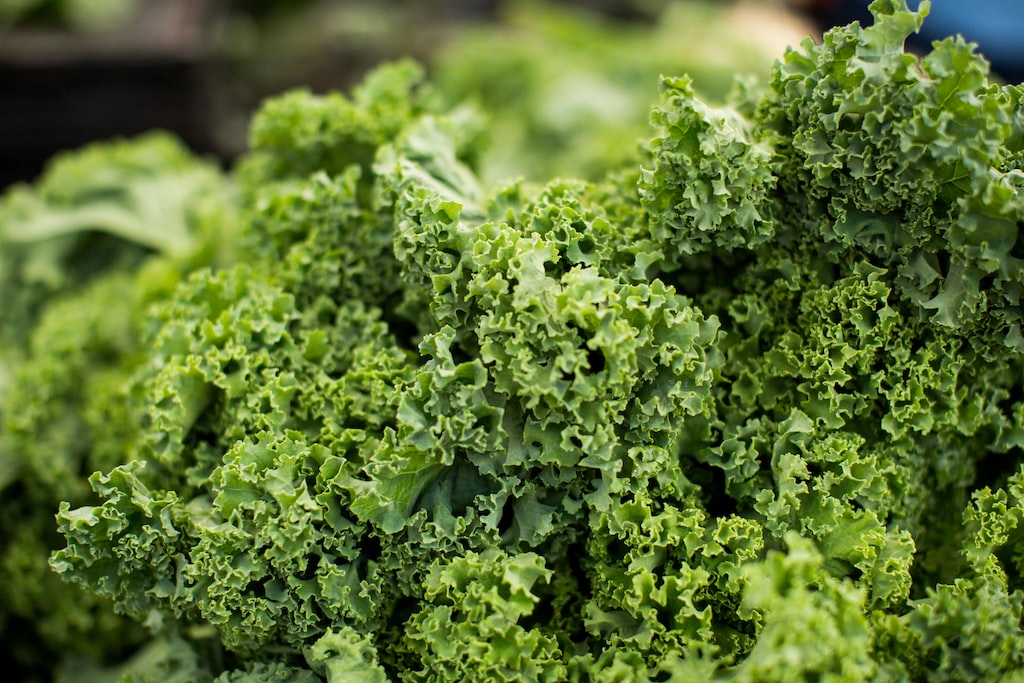
Vitamin K has not hit the headlines in the way that Vitamin D has over recent years, despite being predicted to do so by some nutritionists who knew a thing or two about this multi-functional nutrient. Perhaps Vitamin K is not so “special” after all?
Vitamin K is a fat-soluble vitamin first identified in a study on blood coagulation by Carl Peter Henrik in Denmark. The letter “K” stands for “Koagulation”, a Danish term for coagulation. For this function, we need only a small amount every day, about 90mcg for women and 120mcg for men.

Vitamin K Benefits
Aside from clotting, vitamin K is vital for bone health, and cardiovascular health, and it can slow the progression of insulin resistance. Benefits for these tissues and conditions are because vitamin K is significantly involved in a wide range of biological activities including regulation of calcium metabolism in tissues, cell growth and proliferation, oxidative stress, inflammatory reactions (i.e. anti-NF-κB activity), and haemostasis. A high vitamin K status can also exert a protective role in the inflammatory and mineralisation processes associated with the onset and progression of age-related diseases.
Vitamin K1, K2, K3
Vitamin K is one of the four fat-soluble vitamins, with the others being A, D and E. There are three main types of vitamin K: vitamin K1 or phylloquinone (PK), vitamin K2 or menaquinones (MKs), and vitamin K3 or menadione which is, water-soluble.
K1, or Phylloquinone (PK), is the major dietary source of vitamin K in Western diets. It is the form of vitamin K synthesised by plants and cyanobacteria, and it is mainly found in green leafy vegetables although other foods, such as other vegetables, fruits, grains, and dairy, contain a significant amount of this vitamin.
K2, or menaquinones (MK), is synthesised by certain bacteria. With the exception of MK-4, all MK subtypes are synthesised by bacteria present in the human gut or bacteria present in some foods including animal liver and fermented foods (mainly cheese in Western countries, and natto, a soybean-based food in Japan). Natto is especially rich in MK-7, which has the highest bioactivity and half-life compared to PK and MK-4. MK-4 is the predominant form of vitamin K in the human body.
Vitamin K deficiency may occur as a result not only of an inadequate dietary supply but also because of many health problems, including liver disease, biliopancreatic disturbances, cystic fibrosis, alcoholism, or enteric diseases that may cause malabsorption (inflammatory bowel disease, short bowel syndrome, etc.) Some medications, such as warfarin and heparin, are also a cause of vitamin K depletion.
Bone Health
Vitamin K is required for the function of proteins in the body that regulate calcification. There are at least 14 vitamin K-dependent proteins. In the bone, osteocalcin is the protein that needs vitamin K. MK-4, in particular, promotes bone formation by stimulating the differentiation of the osteoblast, regulating the mineralisation of the extracellular matrix, upregulating the expression of the bone marker genes, and inhibiting the osteoclastogenesis. Studies show that higher levels of blood vitamin K are associated with a lower risk of hip fractures.
Heart Health
Vitamin K studies report an inverse association between K2 intake and incidence of coronary heart disease (CHD) and coronary calcification, consistent with dietary vitamin K’s protective role against cardiovascular events. A growing amount of evidence from clinical observational studies indicates an association between a low vitamin K status and a higher cardiovascular risk, including higher coronary artery calcification (CAC), increased peripheral arterial calcification, higher carotid-femoral pulse wave velocity and increased arterial stiffness.
Summary
So, it seems that Vitamin K is quite special after all. Have you had yours today?
Allergy Research’s ‘Full Spectrum Vitamin K’ is a comprehensive vitamin K formula containing three forms of vitamin K with a predominant amount of MK-4 and other fat-soluble vitamins, A, D and E.
